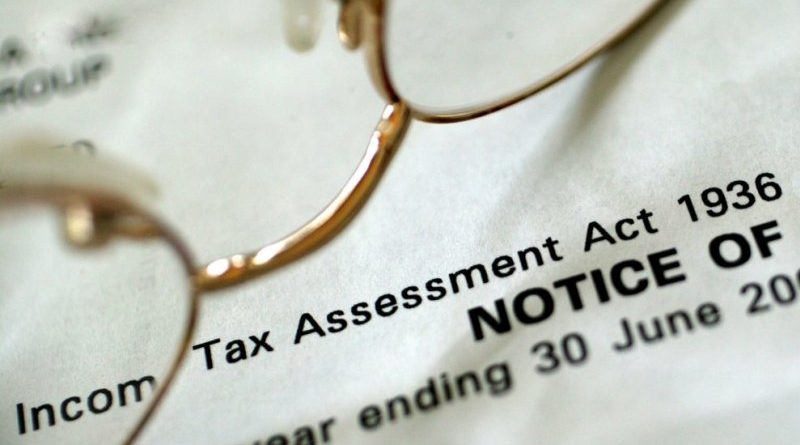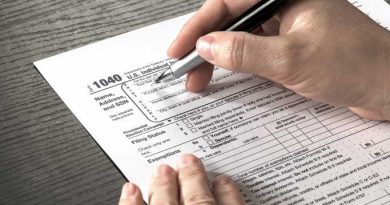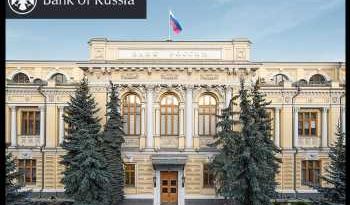Do pensioners need to lodge a tax return?
Save articles for later
Add articles to your saved list and come back to them any time.
My younger sister, who is 85, has told me that she is still required to lodge a tax return.
Her only income is the age pension and some bank interest. For the last tax year, the Australian Taxation Office advised that $25,037 of her pension was taxable. This, together with the interest she earned less a fee for preparing her tax return, her taxable income was just on $28,000. Thanks to various offsets she has no tax liability.
Why does the ATO not exempt her from lodging a return?
The ATO says that pensioners who are eligible for the seniors and pensioner tax offset have a higher income threshold before needing to lodge a return, assuming they don’t have another reason for needing to lodge, such as having tax withheld or they are running a business. If the pensioner is single, they will not need to lodge a return if their rebate income is below $32,279, or $28,974 if they live with their spouse.
Some pensioners need to lodge a tax return.Credit: Virginia Star
Information about who needs to lodge a tax return is available at, Do I need to lodge a tax return?
If a pensioner is not required to lodge this year, then they may need to fill out a non-lodgment advice. This form can also be used to indicate that the pensioner will not need to lodge in future years. The form can be found at Lodge a non-lodgment advice | Australian Taxation Office.
A few years ago I withdrew my super. I was 58 then and did not intend to return to the workforce due to an injury. I withdrew $116,000 and as it was under the tax-free threshold, I paid no tax. A bit later I put $120,000 back into my super as a non- concessional contribution. My question is, does my threshold go back to the $205,000 or is the original withdrawal counted and subtracted from this amount, thus leaving me with a reduced tax-free amount for withdrawal next time? I am 62 and on a disability pension so get full benefits.
Once you reach 60, as you have done, all withdrawals from super are tax-free. But take advice first, because Centrelink does not treat your superannuation as an asset until you reach pensionable age. A lump sum super withdrawal by itself will not impact your income support, however what you do with the withdrawal may have an impact, for example, if you put it in the bank.
My wife and I are both 69 and work part-time. We own our home and car and have no debts. I have a defined benefit pension from my previous employment, which is more than sufficient for our annual living expenses. My wife has a modest superannuation account in accumulation mode. In addition, we have $100,000 in shares, paying $5000 pa dividends, and $450,000 in a savings account paying around 4 per cent interest, which continues to grow. We both intend to continue working for a few years and would like to minimise the tax we are paying on the interest. I am wondering if a better strategy would be for my wife to make a non-concessional contribution to her superannuation account, including using the bring-forward provisions, and to then open a pension account where she transfers the money into pension mode. She would keep her current accumulation account as well to continue to receive superannuation contributions from her employer. Each year she could withdraw the minimum required from the pension account. I understand that there is no tax on the pension account earnings. Have I missed something here?
You are right on the money. There is no lack of access because of your age, and it’s customary for people to have both an accumulation account to receive contributions plus a pension account. She will get a higher return on her super, because the fund will pay no tax, and your taxable income will be reduced. I would expect a good superannuation fund to give a better return than the 4% the bank is giving you.
Are you able to explain the difference between revisionary nominations and binding nominations? Our financial adviser recently mentioned it, suggesting we should have revisionary. Not sure if you keep both or just one.
Superannuation is not part of your estate, it’s the trustee of your super fund, who has the discretion to decide where your superannuation will be paid. A binding nomination is an instruction to the trustee as to how those funds should be paid, and in normal circumstances, the trustee will obey those instructions. A revisionary nomination is where you have started an income stream and you nominate a person, usually your partner, to continue the income stream when you die.
Noel Whittaker is the author of Retirement Made Simple and other books on personal finance. Email: [email protected]
- Advice given in this article is general in nature and is not intended to influence readers’ decisions about investing or financial products. They should always seek their own professional advice that takes into account their own personal circumstances before making any financial decisions.
For expert tips on how to save, invest and make the most of your money, delivered to your inbox every Sunday, sign up for our Real Money newsletter here.
Most Viewed in Money
From our partners
Source: Read Full Article




